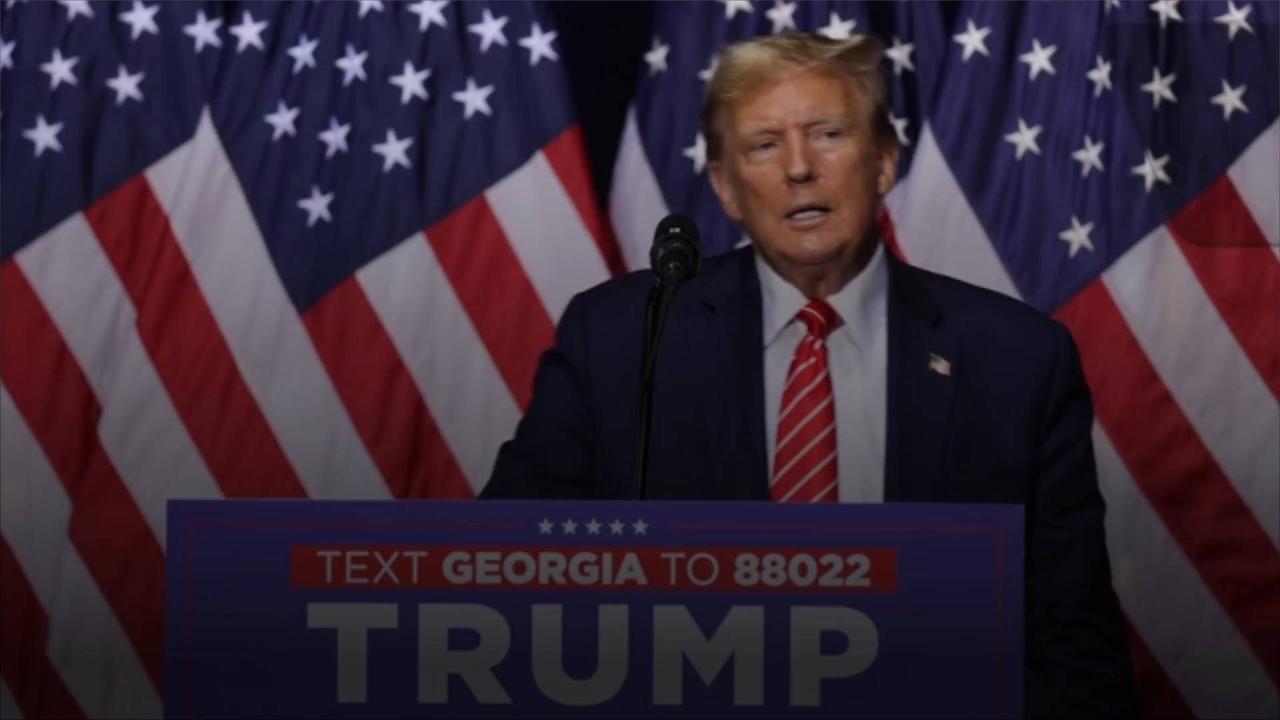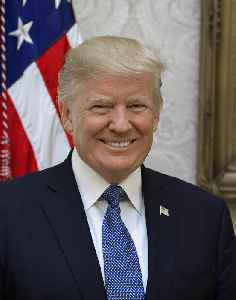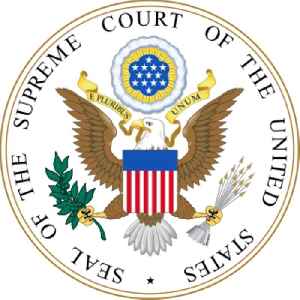US Historians Inform Supreme Court That They Reject Trump’s Immunity Claim

US Historians Inform Supreme Court That They Reject Trump’s Immunity Claim
US Historians Inform Supreme Court , That They Reject Trump’s Immunity Claim.
Former President Donald Trump faces multiple federal election interference charges stemming from his attempt to overturn the 2020 election.
He and his legal team assert that he is immune to prosecution since he was president at the time.
But 15 historians have since "filed an amicus brief with the U.S. Supreme Court" in an attempt to disprove Trump's claims, 'The Guardian' reports.
.
But 15 historians have since "filed an amicus brief with the U.S. Supreme Court" in an attempt to disprove Trump's claims, 'The Guardian' reports.
.
According to the historians, Trump , "asserts that a doctrine of permanent immunity from criminal liability for a president’s official acts, while not expressly provided by the Constitution, must be inferred." .
To justify this radical assertion, he contends that the original meaning of the Constitution demands it.
, U.S. Historians, via amicus brief filed with the Supreme Court.
But no plausible historical case supports his claim, U.S. Historians, via amicus brief filed with the Supreme Court.
Thomas Wolf, brief co-counsel and director of democracy initiatives at the Brennan Center.
Said that Trump's claims of immunity are "deeply un-American.".
From the birth of the country through President Clinton’s acceptance of a plea bargain in 2001 [avoiding indictment over the Monica Lewinsky affair], it has been understood that presidents can be prosecuted, Thomas Wolf, brief co-counsel and director of democracy initiatives at the Brennan Center, via 'The Guardian'.
From the birth of the country through President Clinton’s acceptance of a plea bargain in 2001 [avoiding indictment over the Monica Lewinsky affair], it has been understood that presidents can be prosecuted, Thomas Wolf, brief co-counsel and director of democracy initiatives at the Brennan Center, via 'The Guardian'.
From the birth of the country through President Clinton’s acceptance of a plea bargain in 2001 [avoiding indictment over the Monica Lewinsky affair], it has been understood that presidents can be prosecuted, Thomas Wolf, brief co-counsel and director of democracy initiatives at the Brennan Center, via 'The Guardian'.
The Supreme Court must not delay in passing down a ruling in this case, Thomas Wolf, brief co-counsel and director of democracy initiatives at the Brennan Center, via 'The Guardian'


![Biden’s USAID Era Ends: Trump & Rubio Finally Shut Down Foreign Aid—What It Means for US & the World [Video]](https://video.newsserve.net/300/v/20250329/1406536382-Biden-USAID-Era-Ends-Trump-Rubio.jpg)
![India-US Tariff Talks: Trump Calls Modi ‘Smart PM, Great Friend'–But Slams India’s High Tariffs! [Video]](https://video.newsserve.net/300/v/20250329/1406529108-India-US-Tariff-Talks-Trump-Calls-Modi-Smart.jpg)
![How much do NATO members spend on defence as threat perceptions rise? [Video]](https://video.newsserve.net/300/v/20250328/1406507200-How-much-do-NATO-members-spend-on-defence.jpg)


![Key Moments When Democrats Humiliated By President Trump AT U.S Congress | Trump's Dramatic Speech [Video]](https://video.newsserve.net/300/v/20250305/1404213208-Key-Moments-When-Democrats-Humiliated-By-President-Trump.jpg)
![John Roberts isn’t happy with previous ruling against Trump – what happens now? [Video]](https://video.newsserve.net/300/v/20240427/1714238198-John-Roberts-isn-happy-with-previous-ruling.jpg)
![Front Porch Brunch, Ep 51: Trump Trials Great & Small, The Kids Are Not All Right & Hodgepodge Stew [Video]](https://video.newsserve.net/300/v/20240427/1714230942-Front-Porch-Brunch-Ep-51-Trump-Trials.jpg)
![U.S. Supreme Court Oral Argument on Former President Trump's Immunity Claim [Video]](https://video.newsserve.net/300/v/20240427/1714209995-Supreme-Court-Oral-Argument-on-Former.jpg)